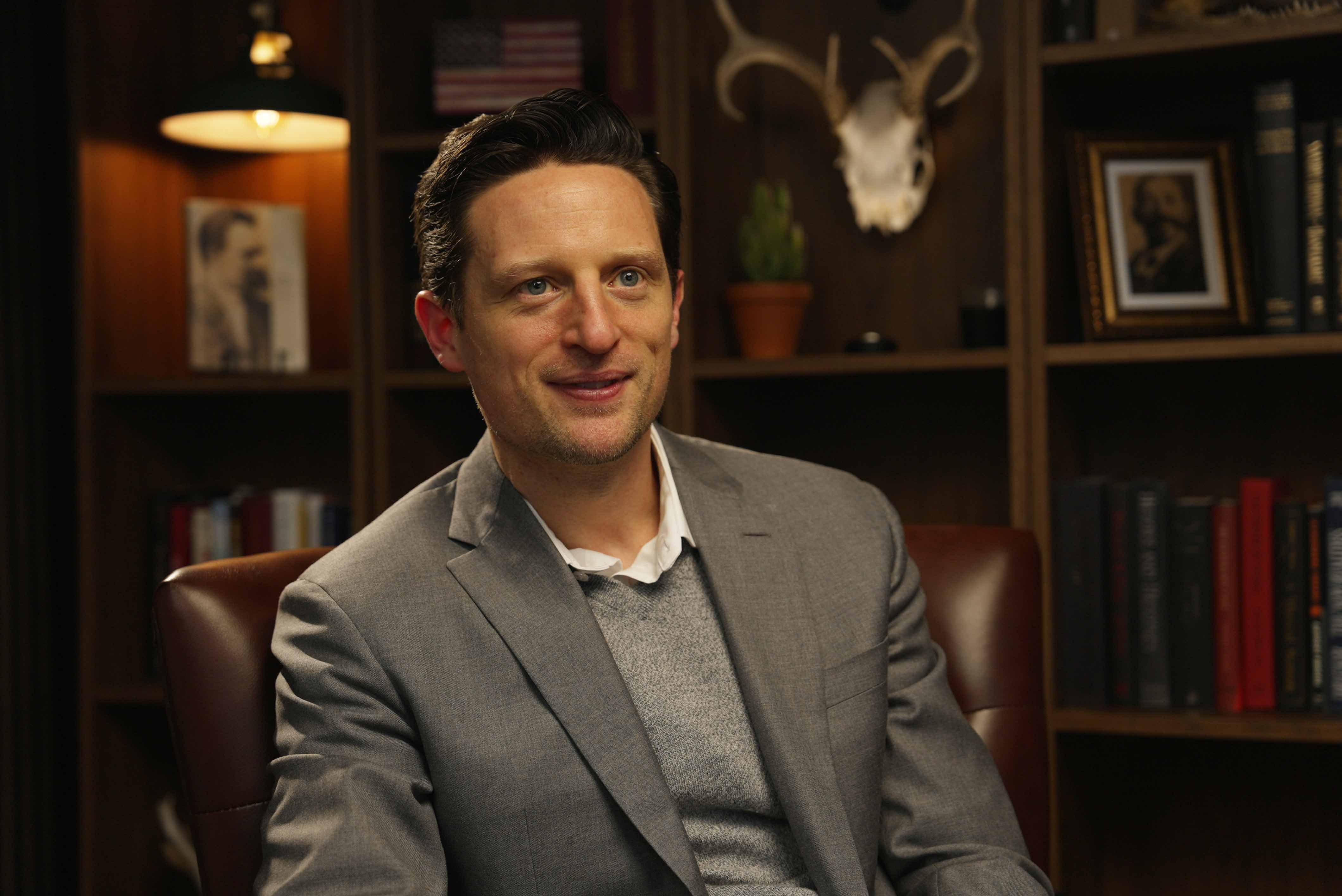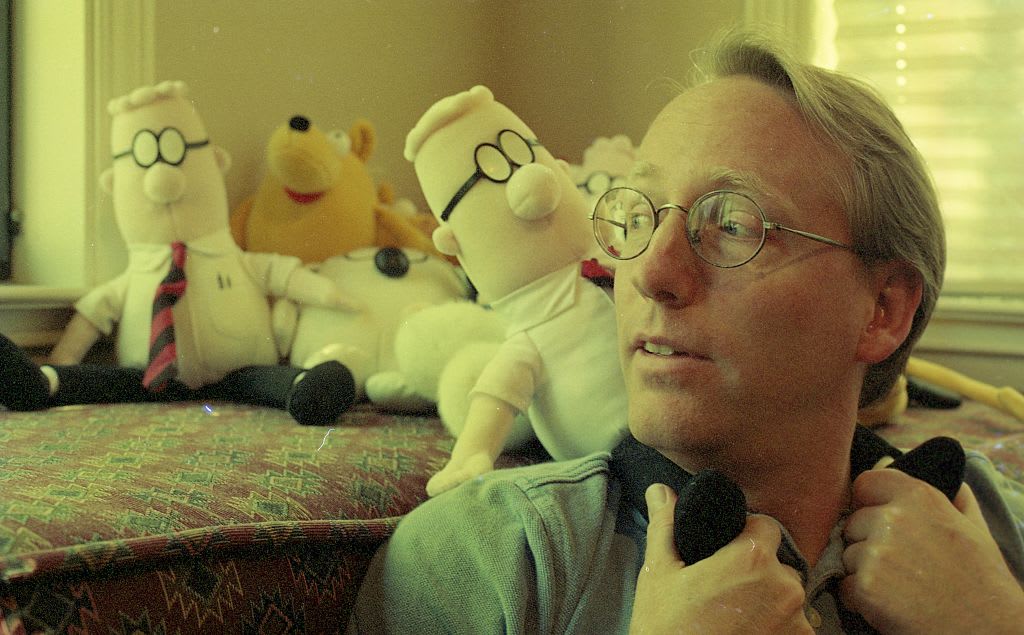So long spaghetti: Podcaster invents new pasta shape made to hold sauce
From restaurant menus to the grocery aisle, you can find pasta in plenty of shapes—ears to elbows to bowties. But all were imperfect in the eyes and mouth of award-winning podcast host Dan Pashman.
He is the creator and host of The Sporkful, a food podcast he created after getting laid off from his radio job. On the podcast, he started a five-part series called "Mission Impastable" — his crusade to engineer a new pasta shape, hoping to push aside his least favorite noodle.
"I mean, look. Spaghetti is fine. I'll eat any pasta you put in front of me if I'm hungry. But it's just a tube. It doesn't do very much and I just think that we can do better," Pashman told CBS News' Nancy Chen.
Pashman's quest started at the source itself with a trip to North Dakota, home to most of the country's wheat for pasta. That's where he learned about Semolina, the flour he used to make his pasta.
Along his journey to create the perfect pasta shape, Pashman created three metrics by which he judges all pasta shapes.
"So forkability, which is how easy is it to get it on your fork and keep it there? Sauceability. How readily does sauce adhere? And toothsinkability, which is how satisfying is it to sink your teeth into it? And a lot of pasta shapes are great at one or two of these three things. But very few nail all three," Pashman said.
Even armed with its own vocabulary, Pashman's idea quickly proved more difficult than he ever imagined as he struggled to get a pasta dye company to take him seriously. Then he was hit with another hurdle—the pasta shape he had engineered turned out to be physically impossible.
"I wanted this combination of mafalda and bucatini, so it would have a tube component and a ruffle component," he said. "But the dough only passes through the dye for a split second."
Pasta had taken over Pashman's life as he sunk nearly $10,000 of his own money into the project. He would spend his time sketching pasta shapes on graph paper at his daughter's soccer practice and would lay awake at night thinking about pasta.
But thousands of pasta pieces later, those sketches became the real deal when the cascatelli was finally born inside the Sfoglini Pasta Factory in New York's Hudson Valley. Cascatelli means waterfall in Italian.
Pashman's pasta comes with a more extended cut than most short shapes, so it's easier to grab with a fork. It is a bucatini half-tube with ruffles to create what he calls a "sauce trough" and something that is rare in pasta.
"You have these ruffles at a 90° angle. That means that whatever direction you bite from you're gonna get resistance. You're gonna be able to sink your teeth into it," he said.
Pashman's new noodle faired well with Angie Rito and Scott Tacinelli, the husband and wife team behind treasured New York City Italian restaurant, Don Angie.
"I like the texture of it a lot. I think it's a... holds the sauce really well and definitely sticks to the fork really well," Tacinelli said.
His pasta shape even got a nonna seal of approval. Maria Gialanella came to the United States in 1961 from Italy. She now works at Enoteca Maria on Staten Island. Most people call her Nonna Maria, nonna meaning "grandmother" because she cooks for everyone as if they were apart of her family.
"They good, good," she said as she chewed on Pashman's new noodle. "No, beautiful."
Pashman's first batch of 3,700 boxes of Cascatelli sold out online, but he told CBS News more has been made and will be available to order on his website.





